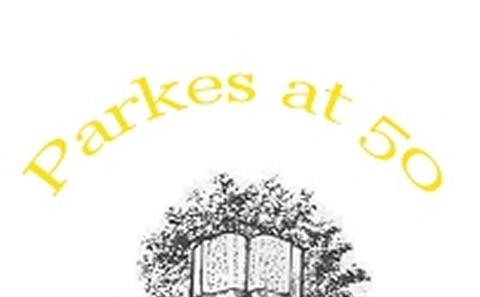Contesting Chronologies: 1945 Seventy Years On Event

- Date:
- 5 July 2015
- Venue:
- The Wiener Library 29 Russell Square London WC1B 5DP
For more information regarding this event, please email http://www.wienerlibrary.co.uk/Whats-On .
Event details
A one day workshop co-organised by the Parkes Institute, University of Southampton and The Weiner Library as part of the Parkes Institute's Jubilee Programme, 1965 to 2015
Michael Rothberg has argued that memory wars do not have to be inevitable and that, through the concept of ‘multi-directional memory’, remembering the past (and present) from different perspectives can be constructive and positive. This workshop will consider whether Rothberg’s model works with reference to memories of the Second World War and memories of the Holocaust.
The memory of the Holocaust has been constantly evolving and has always been contested. This is equally true of the memory of the Second World War with all the major participants in the conflict. How then have these parallel memories connected with each other? How, especially, have the chronologies of the Holocaust and the Second World War been juxtaposed?
The narratives constructed relating to the end of the war in Europe and the liberation of the Nazi camps in 1945 – from Auschwitz in January through to Theresienstadt in July with Belsen, Buchenwald, Dachau and many others between – have sometimes been in harmony, sometimes in conflict and, for much of the postwar period, in mutual disregard. Timed to take place around the 70th anniversary commemorations to enable reflections on them, this workshop will explore how key moments (especially major anniversaries) have been represented and re-represented in different contexts of the postwar era (for example the different reception given to documentaries that have been broadcast and then later repeated much later). Particular attention will focus on British/Allied responses to the Holocaust, including the liberation of the camps, exploring the relative attention given to the fate of the Jews. The focus will be on cultural representation, including film, television, radio, press, museums and memorials, autobiography and literature.
By having the event, which will be in the form of a semi-informal one day mini-conference, in July 2015, it will allow for consideration of the 70th anniversary commemorations that will have taken place over the preceding months, enabling further reflexivity and hints towards the future of these memories.